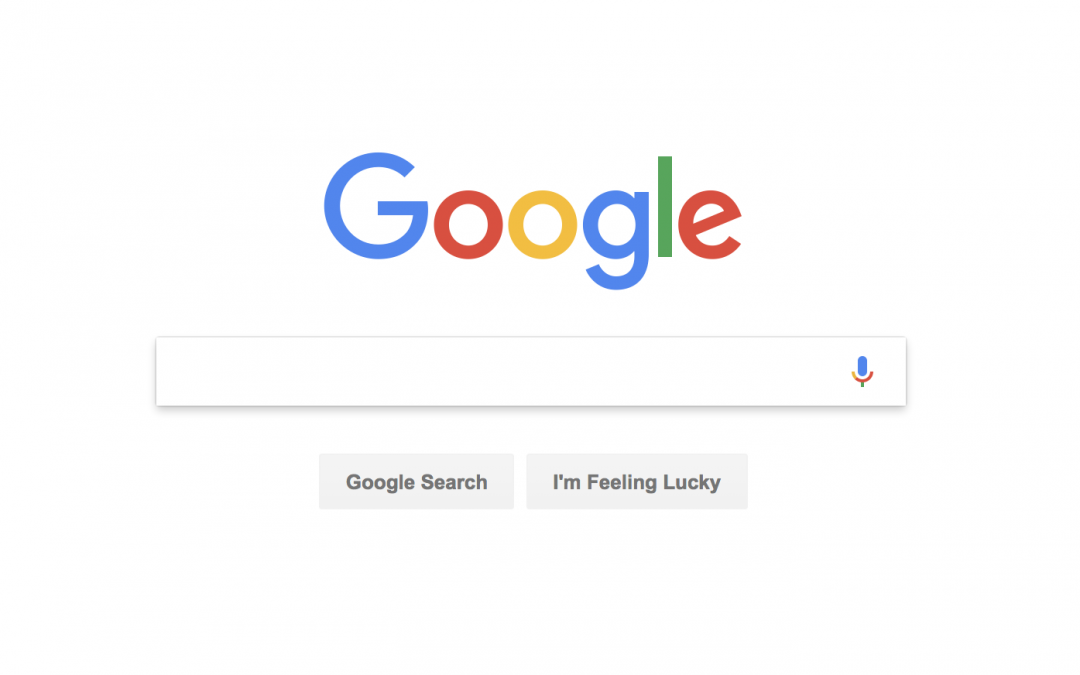Photo Credit: www.google.com
Has Google become a verb? The Supreme Court thinks no.
On October 19th, the U.S. Supreme Court refused to review the 9th Circuit’s decision in the Elliot v. Google ruling that Google had not become a generic term used by the public to synonymously describe “searching the internet via a search engine”. The high court decided to allow the 9th Circuit’s ruling to stand.
In their petition to the Supreme Court for review, plaintiffs Chris Gillespie and David Elliott argued that Google has fallen victim to ‘genericide’ given “there is no single word other than Google that conveys the action of searching the Internet using any search engine”. By not reviewing the case, the Supreme Court stood by the 9th Circuit’s reasoning, “that even if the public uses the verb “google” in a generic and indiscriminate sense, this tells us nothing about how the public primarily understands the word itself, irrespective of its grammatical function, with regard to internet search engines”.
In the United States, the Lanham Act governs trademarks by laying out the requirements for trademark protection, grounds for trademark infringement, and how a trademark loses protection through ‘genericide’. Because the plaintiffs’ attempts to take down the tech powerhouse were blocked, Google will not join the rankings of aspirin, kleenex, laundromat, trampoline, zipper, TV dinner, or videotape anytime soon.
#OwnYourMark #MakeYourMark
Written by: Victoria Shoots, Madan Law intern

